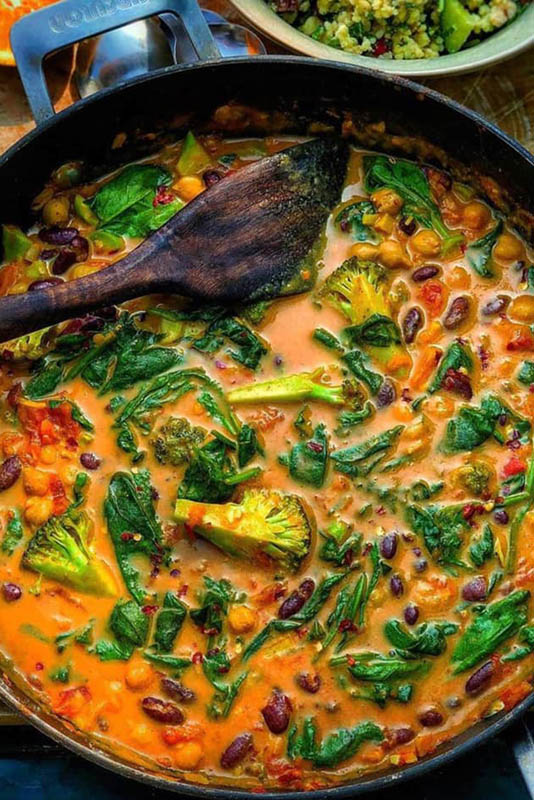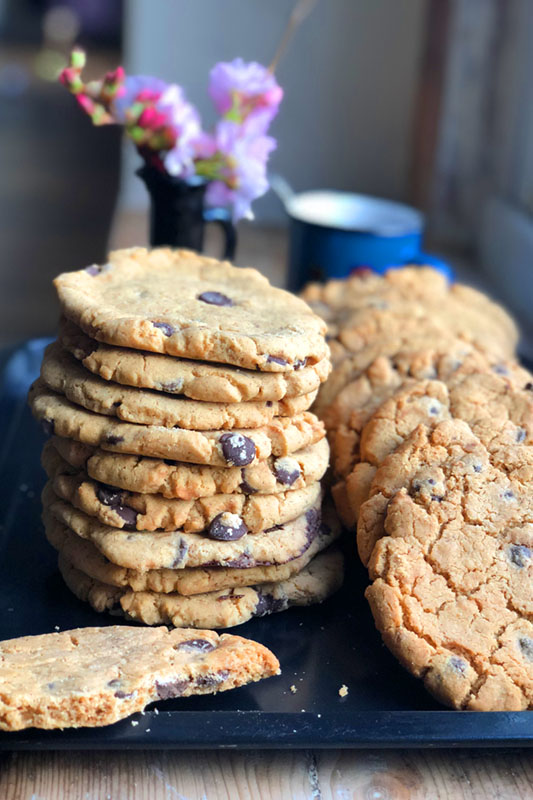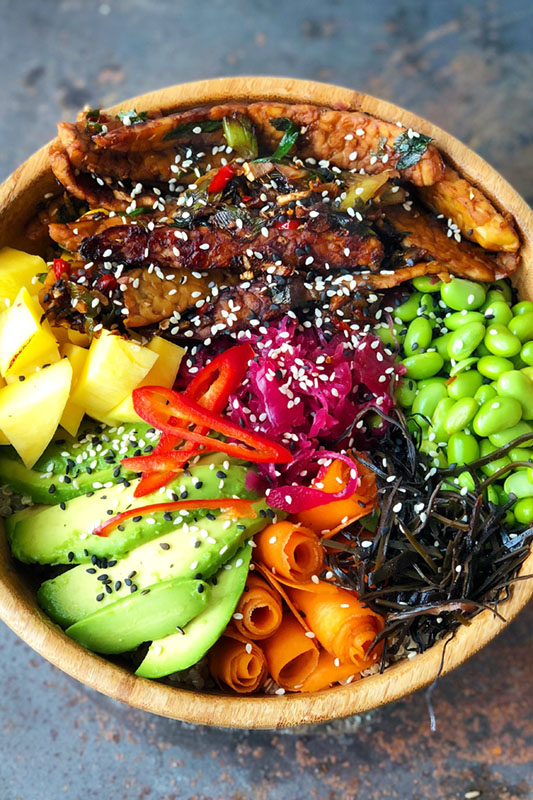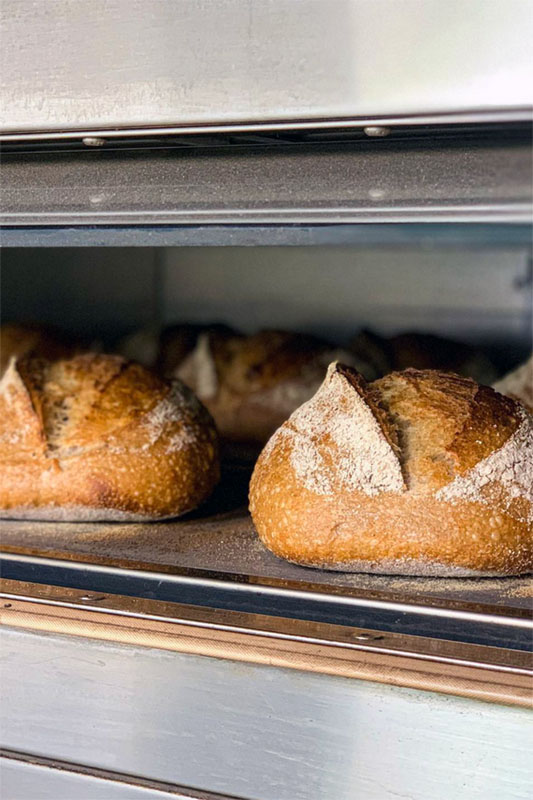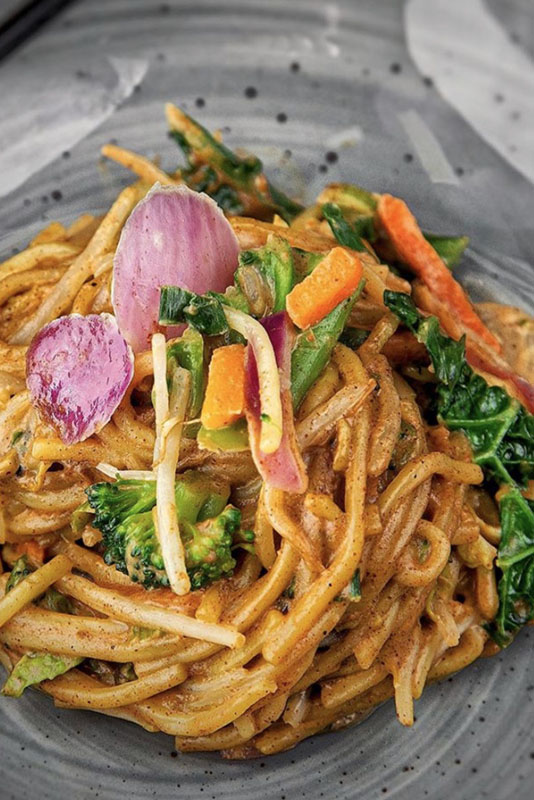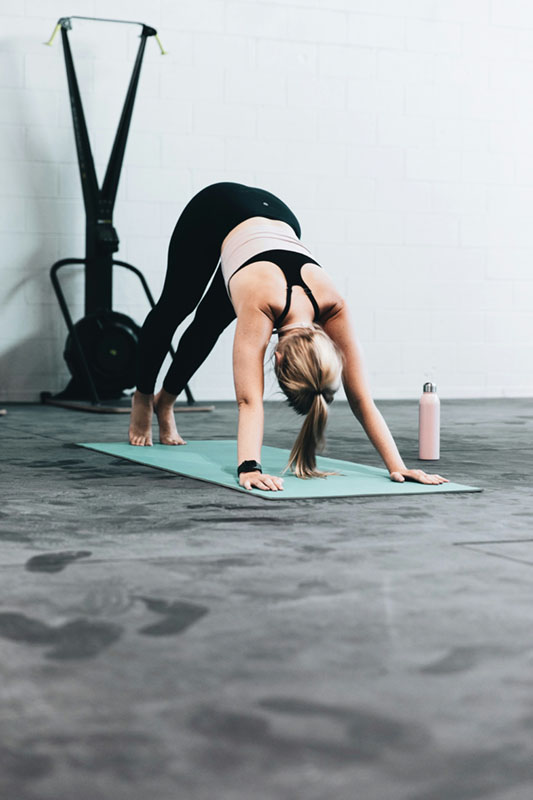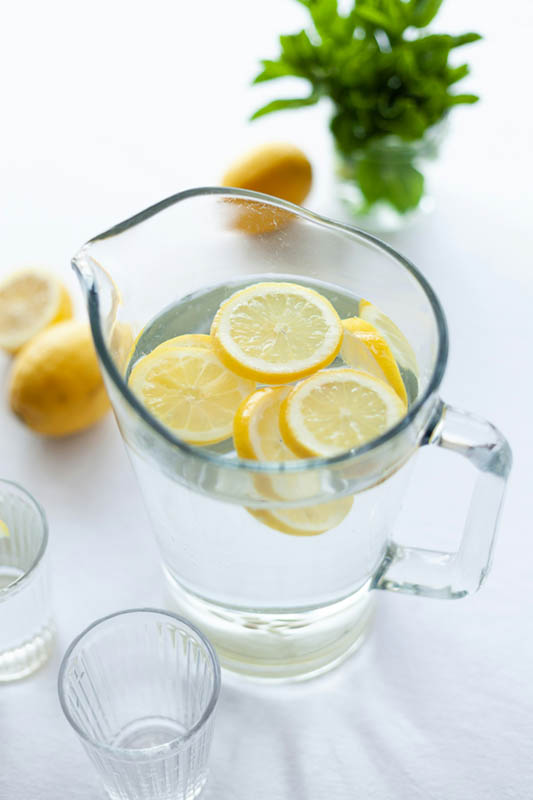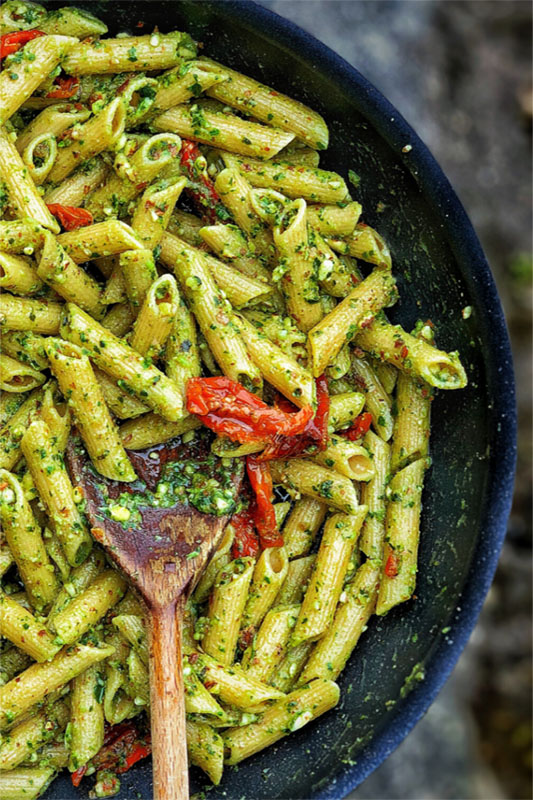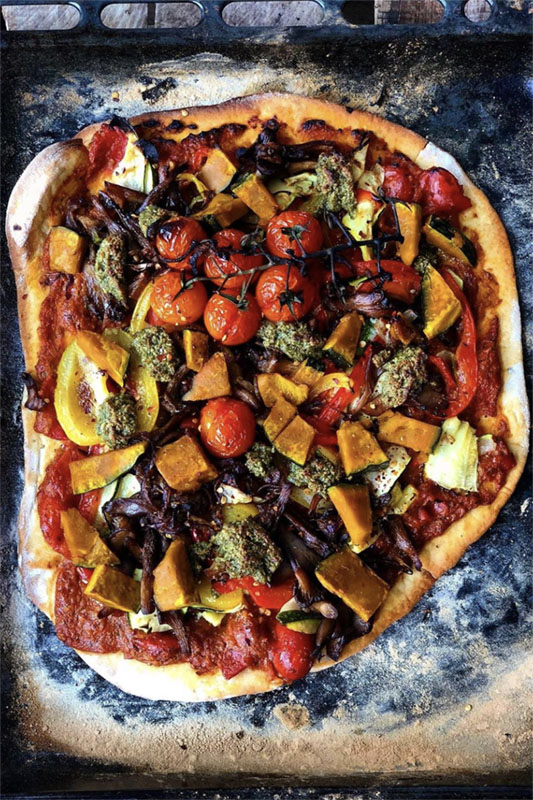5 Tips for Kitchen Essentials

Here are our top tips for anyone looking to stock up on food in the coming few weeks.
We based this on food that can be used in multiple ways and multiple recipes, is highly nutritious and is cheap and widely available.Hope this is of some help. We hope you stay safe and healthy during this period and send all our love.
1. PULSES
Beans and lentils – Dried will be cheaper and lighter to carry if buying in bulk. Choose your favourite such as split red lentils, dried black beans, mung beans etc etc. The good thing about cooking from dried is you can infused and more flavours and season the pulses from within. Canned pulses are a great choice too, relatively cheap and are v practical. In the Blue Zones where some of the longest living people in the planet live often over 50% of their diets are based around beans and lentils.
2. WHOLE GRAINS
Higher in fibre, will fill you up for longer. Choose the likes of brown pasta, brown rice, oats, wholemeal bread – they are better for your health, are less processed and will fill you up for longer as well as being more nutritious.
3. BASIC SAUCE
Here we suggest 4 bases of sauce such as vegetable stock with which you can make a veloute (see link to recipe below), Tinned tomatoes and coconut milk & veg stock & flour to make a roux with which you can thicken non dairy milk to make a béchamel or veg stock to make a velouté or Espagnole sauce.
4. CONDIMENTS AND FLAVOUR AGENTS
Condiments and flavour agents such as tamari or soy sauce or miso to add more base flavour to make your food taste nicer, vinegars will last longer than citrus fruit and can be used to cut through fatty sauces or add more zing to your food.
5. HIGHER ENERGY DENSE WHOLE FOODS
such as nuts, seeds nut butters, seed butters. Energy density refers to the amount of calories in a food relating to its weight. Higher energy dense food have more calories per gram than lower energy dense food which is much less calories per g. For example 1 tbsp of oil (15g) is 120 calories which is very energy dense versus the equivalent low energy dense comparison is 4 cucumbers which weight approx 800g and deliver 120 calories. So in terms of stocking up try to choose higher energy dense wholefoods such as un roasted or unsalted nuts, seeds. Nut butters or seed butters as they last for long periods of time and are high calories and are whole food sources meaning they contain their fibre and full nutrients
Bonus Tip 1. SPICES
Spices last a long time when sealed and give you a huge opportunity to season your food in so many ways. Relatively they are cheap and really give you so much opportunity to make virtually any ethnicity of food. Some of our favourites are: curry powder, ground cumin, ground cinnamon, garlic powder, onion power, cumin seed, bay leaves, ground turmeric and ground chilli powder.
Bonus Tip 2. FROZEN VEG
Frozen veg such as frozen spinach and peas are super practical, they will last for months and often are frozen at the peak of their freshness so can give you the opportunity to add some degree of freshness to your meals even if you cant make it to the shops.
Want to know more about your gut and microbiome and hang out with a group of amazing people who will support, motivate and inspire you? Check out our 6-week Happy Gut course >>>

